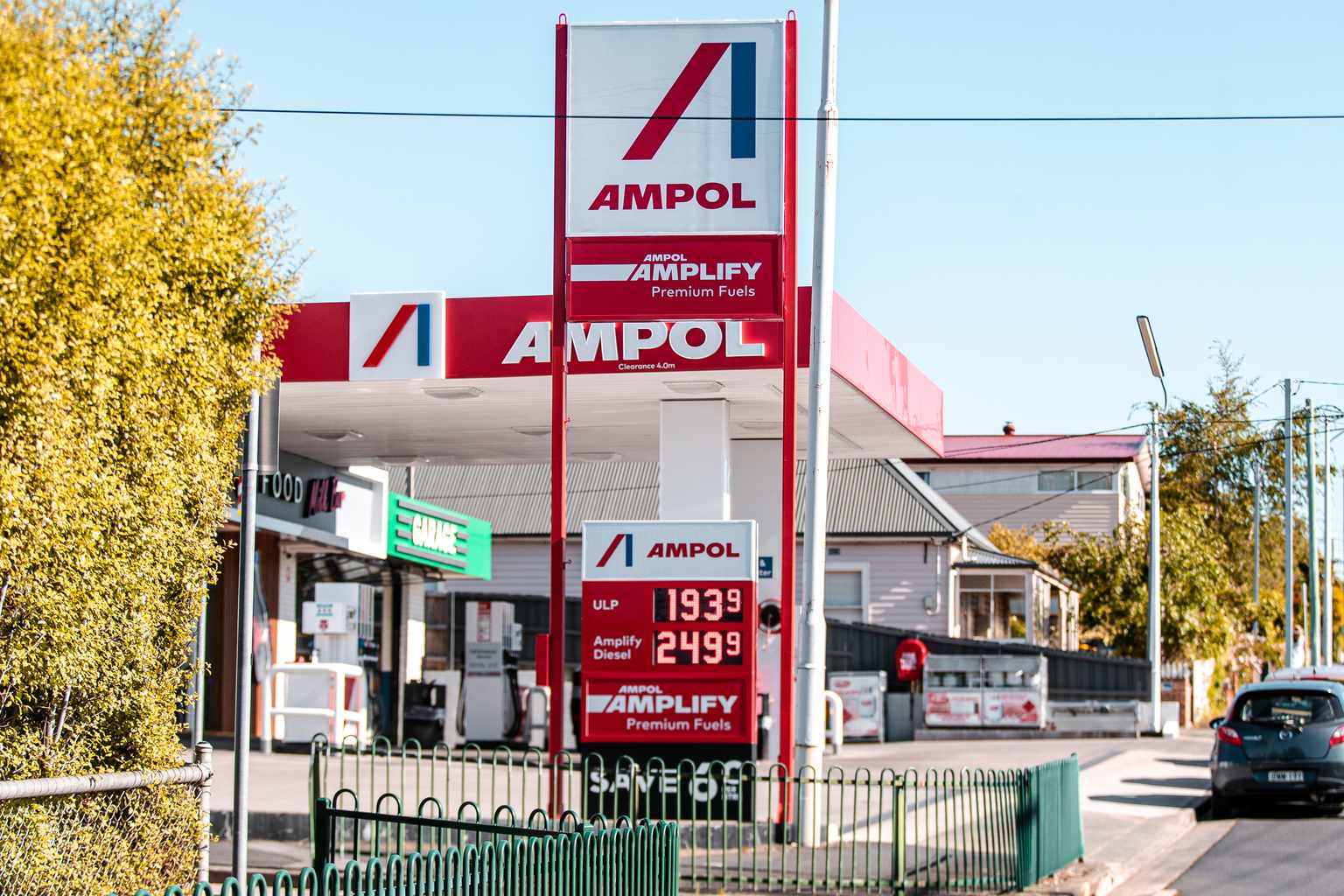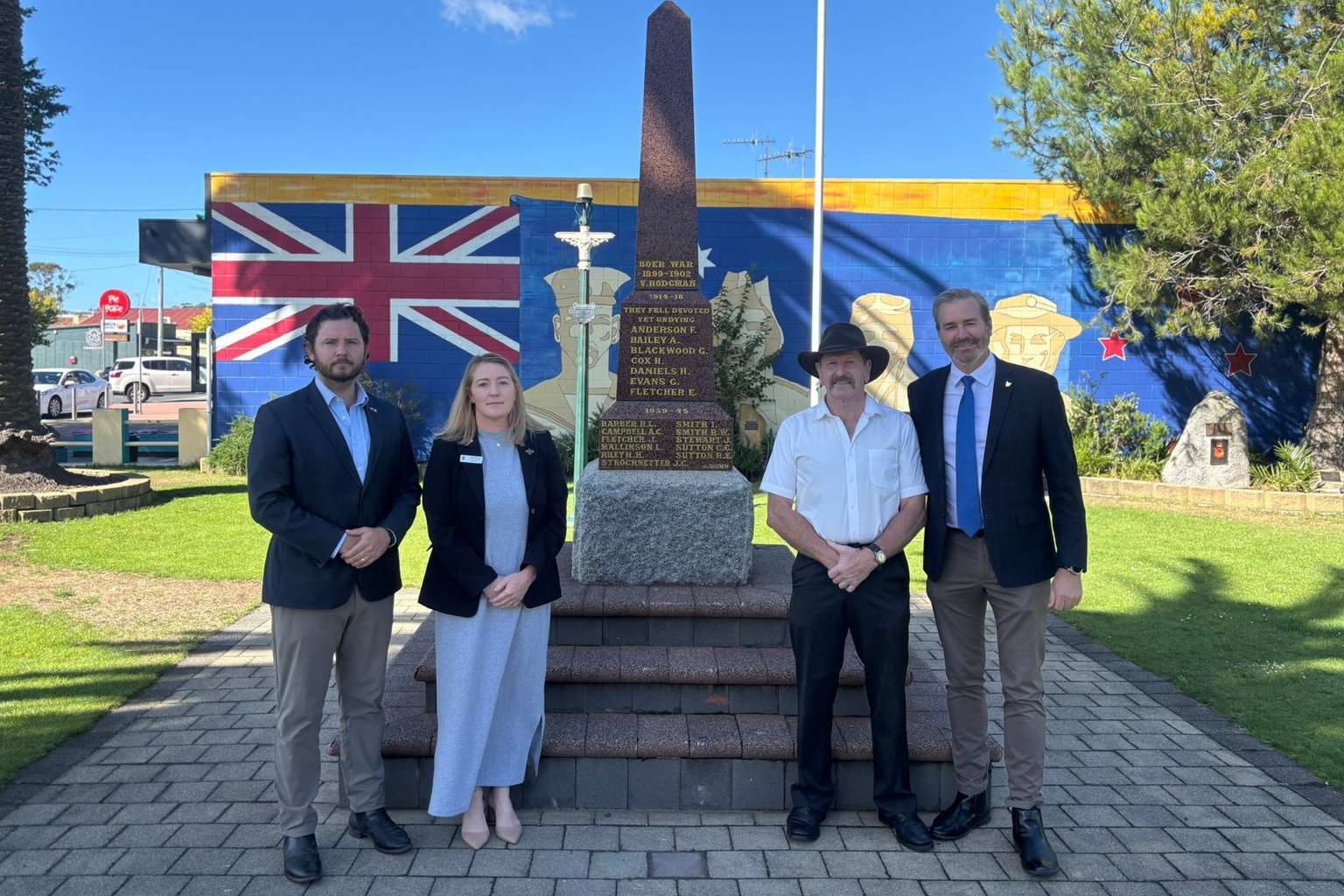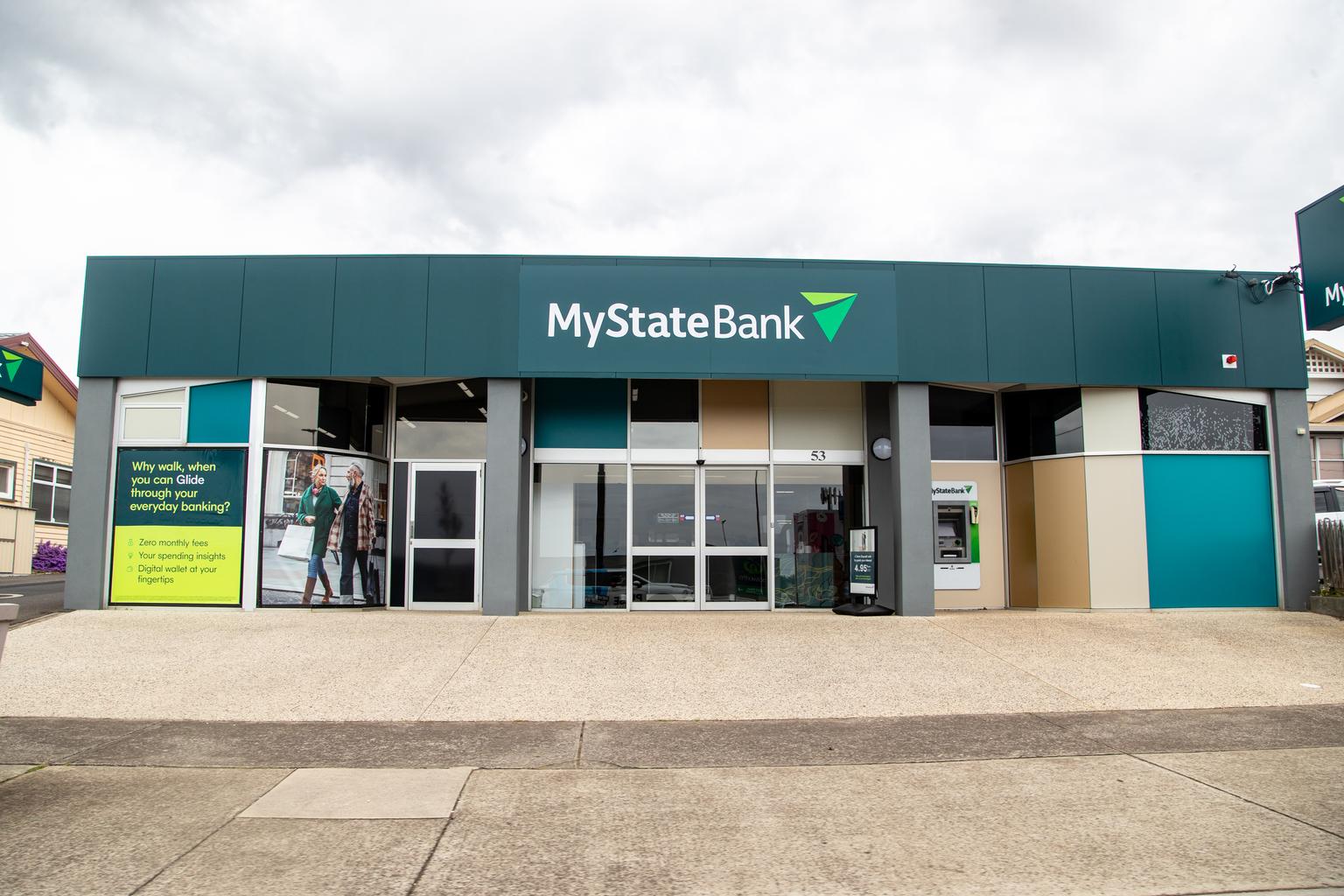A Tasmanian architect running as an independent in Lyons has launched what he calls a “plastic-free” election campaign, rejecting traditional corflute signs in favour of digital outreach.
Jiri Lev, known for his work in humanitarian architecture and affordable housing, has described election signs as “uninspiring, unnecessary and ugly”.
“[It’s] hard to make a case for the environment while plastering the state with plastic boards and hard to make a case for political transparency with hidden backers paying for them,” Lev said.
He says the state’s housing crisis and environmental concerns are the driving forces behind his campaign.

His policy platform includes staunch opposition to the Macquarie Point stadium, which he calls “unnecessarily costly, divisive and unwise”.
“The present design and position is an almost certain $1.5 to $2 billion disaster, both for the government purse and the visual value of inner Hobart,” Lev said.

“3,000 affordable homes could be built for the saved one billion.”
Lev’s housing proposals include creating pathways for Tasmanians, including public housing tenants, to “build their own homes” under builder supervision through a rent-to-own scheme.
He also wants to improve access to affordable healthcare, offer free university and TAFE places for “diligent students” and waive education debts for essential workers like doctors, nurses and teachers.
He is a supporter of bringing Aldi to Tasmania and reviving traditional industries such as boot making and furniture manufacturing, while growing the ‘Made in Tasmania’ brand.

Other ideas on his policy list include introducing tourist train services on the state’s existing rail network and providing free tip access for people to help reduce illegal dumping.
Lev said his campaign “has no advertising budget” and that its success “will depend solely on the merits of the policies”.
“My general position is environmentally conscious yet moderately conservative, a perspective missing in the traditional party spectrum,” he said.
“I put ideas before ideologies, policies before politics.”






